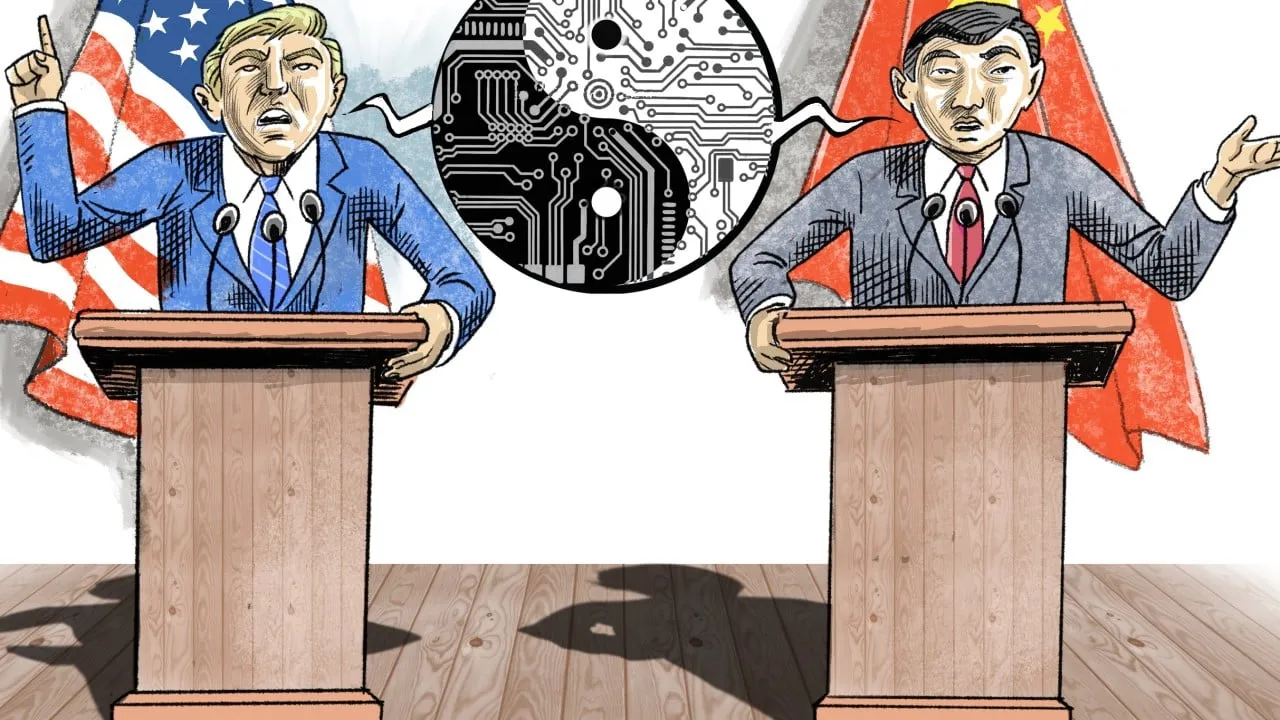The Role of President Joe Biden in Shaping US Technological Progress Amidst the China Competition

The Dynamics of Technology Competition
The competition between the United States and China encompasses far more than mere technological advancement; it is also a core narrative woven into the fabric of international relations and domestic policy. President Joe Biden positions technological progress as essential not only for economic recovery but as crucial for national security. Efforts to create jobs through technology initiatives, as seen in Biden's commitment to generate over 70,000 jobs via the Chips and Science Act, exemplify the ethos driving this narrative.
National Security and Economic Revitalization
- Technological capabilities are framed as vital to the United States' safety, emphasizing the need for self-sufficiency in critical sectors such as semiconductors.
- During the pandemic, Biden outlined the importance of avoiding vulnerabilities that arose from supply chain dependencies, enhancing focus on domestic manufacturing.
However, the US narrative carefully balances protectionism with global engagement, identifying measures aimed at safeguarding key technologies while not completely severing beneficial economic ties.
Contrasting Perspectives from China
In stark contrast, the Chinese narrative frames its technological aspirations as a matter of national dignity and progress, portraying US actions as attempts to obstruct China’s rightful development.
- Chinese officials assert that no external force can impede their tech advancements, echoing a sentiment of inevitable growth.
- This perspective garners domestic support while depicting the US as an aggressor in global supply chains.
Such contrasting narratives significantly affect both nations' domestic policies and international relations. As the competition intensifies, it risks fragmenting the global technology landscape and complicating efforts to establish coherent governance structures.
This article was prepared using information from open sources in accordance with the principles of Ethical Policy. The editorial team is not responsible for absolute accuracy, as it relies on data from the sources referenced.